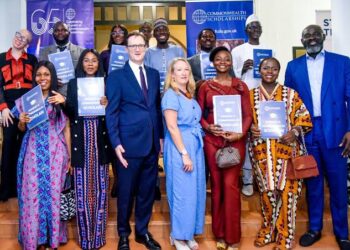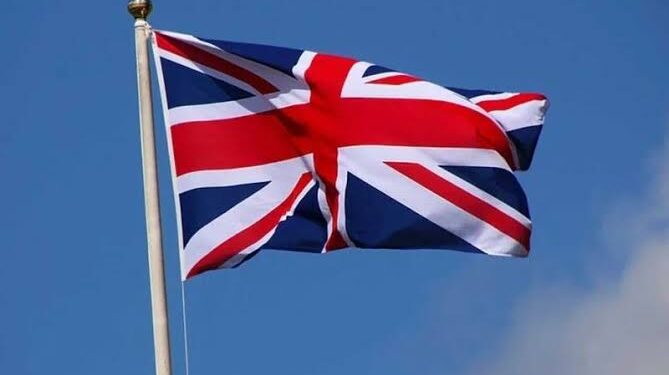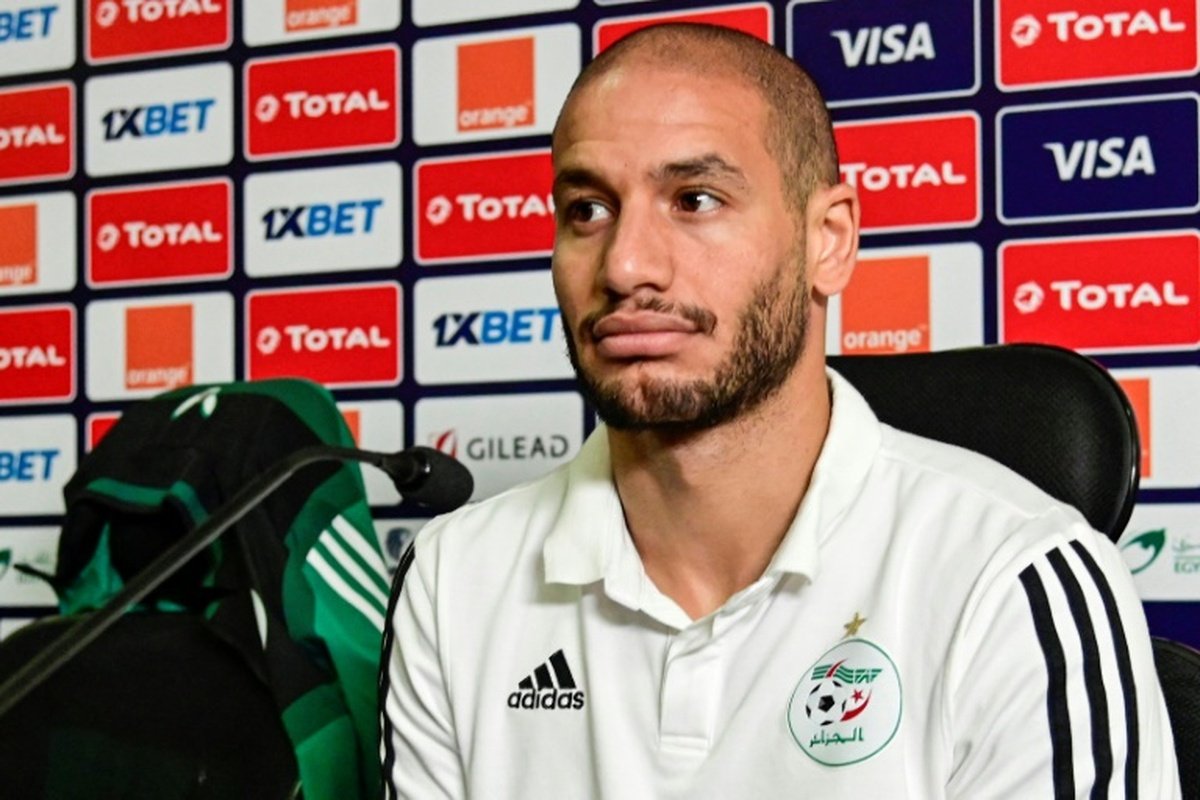The British government has given 82 Nigerians the coveted Chevening and Commonwealth scholarships to pursue a variety of master’s and PhD programmes in the UK in 2024.
This year, 32 scholars won Chevening scholarships, while 50 scholars have obtained Commonwealth fellowships thus far.
A pre-departure ceremony for scholars based in Abuja and its surroundings was held yesterday. The Deputy Head of Mission, Abby Bernard, will host a similar ceremony for scholars based in Lagos and neighbouring areas the following week.
The British Deputy High Commissioner, Mrs Gill Lever, thanked recipients who made it through the extremely demanding application and interview procedure for a scholarship during the pre-departure ceremony in Abuja yesterday.

The British Deputy High Commissioner, Mrs Gill Lever, made the following statement during the ceremony: “The UK remains transparent and inclusive in the selection process across the board and continues to support Nigerians’ educational development.”
“I want to challenge each of you to strive for academic excellence, to represent Nigeria brilliantly in the UK, and to seize every chance you have while on scholarship growing in knowledge, engaging in stimulating cultural exchange, and building confidence through networking and then use those experiences to return to Nigeria and make a significant impact on both your nation and the wider world.”
Director of Operations for British Council Nigeria, Idowu Akintade, spoke at the Reception and stated, “We hope the knowledge and skills you gain from this scholarship opportunity prepares you to make positive impact in Nigeria’s development priorities.”
“I urge all of you to forge robust connections and persist in serving as outstanding representatives of the esteemed Commonwealth and Chevening Scholarships.”
In Essence
The rigorous selection process for these scholarships ensures that only the most qualified and promising candidates are chosen.
This not only highlights the academic excellence of the recipients but also the transparency and inclusivity of the UK’s scholarship programs.
The support from the British government, as emphasized by the British Deputy High Commissioner, Mrs. Gill Lever, underscores the UK’s commitment to fostering educational development and strengthening ties with Nigeria.
Moreover, the emphasis on scholars representing Nigeria positively, engaging in cultural exchange, and utilizing their acquired knowledge and skills for national development is crucial.
It aligns with the broader goals of the scholarships to create leaders who can drive positive change in their home countries.
The remarks by both Mrs. Lever and Idowu Akintade reflect a vision of not just individual academic success, but also a collective contribution to Nigeria’s growth and development priorities.

















